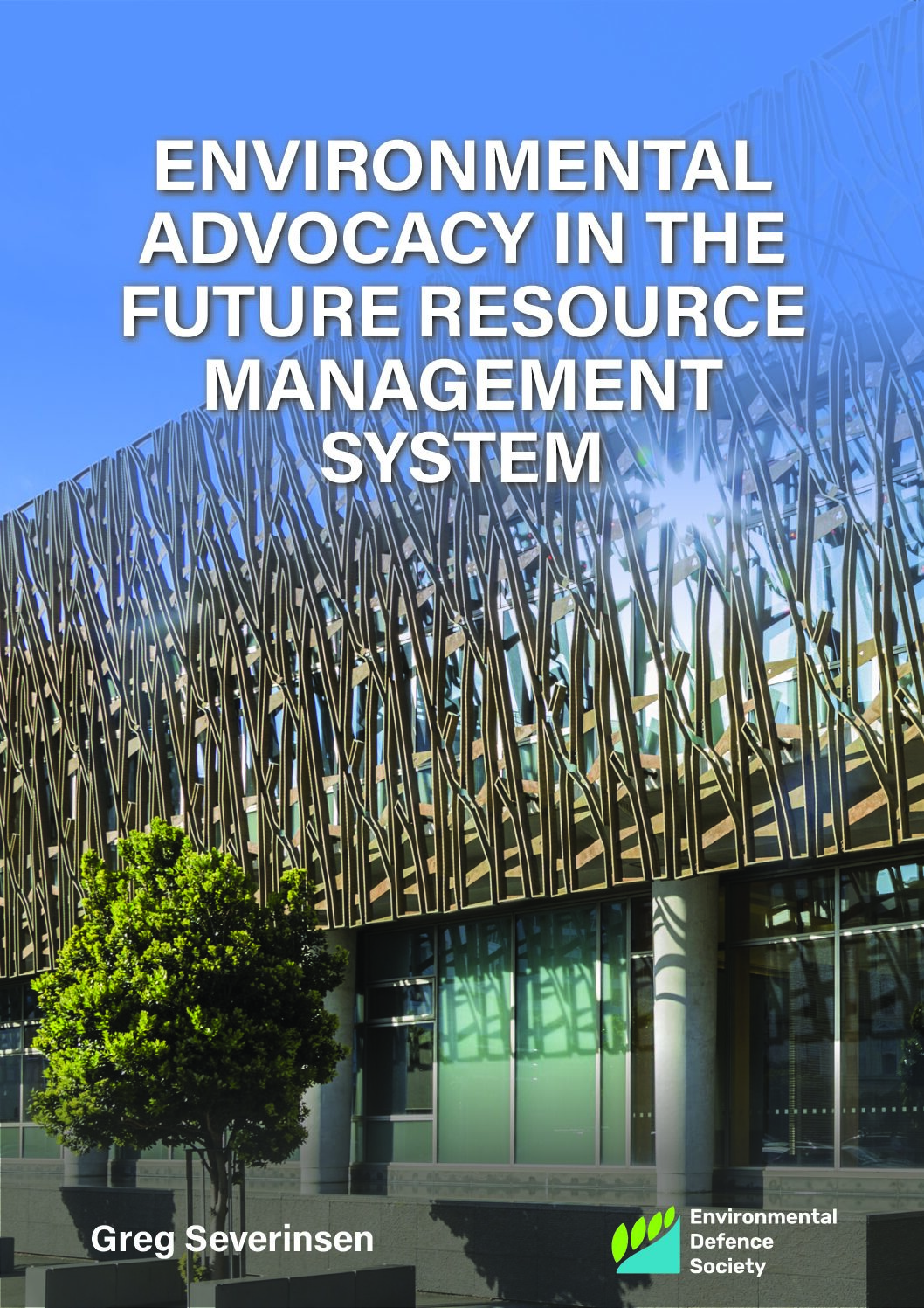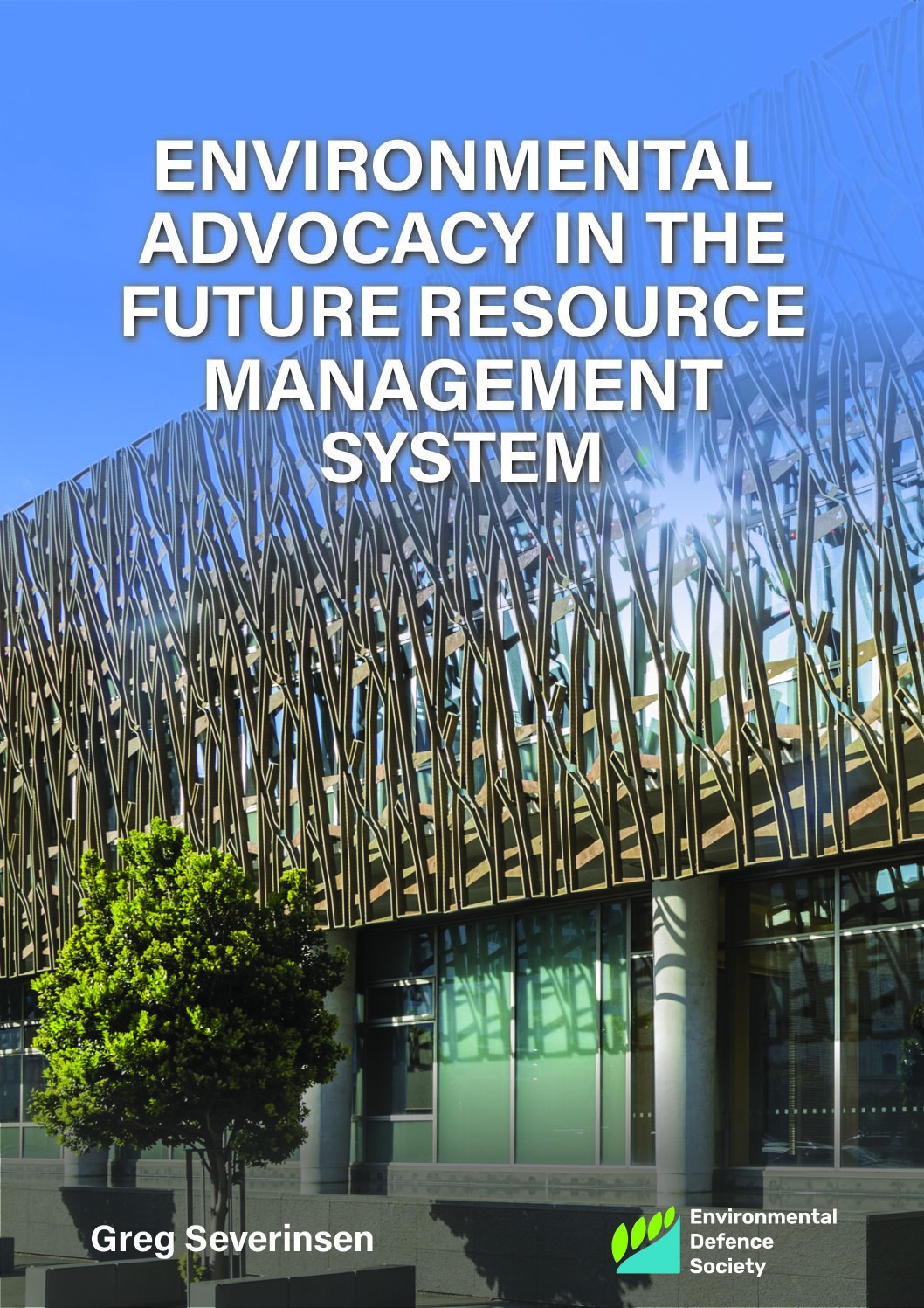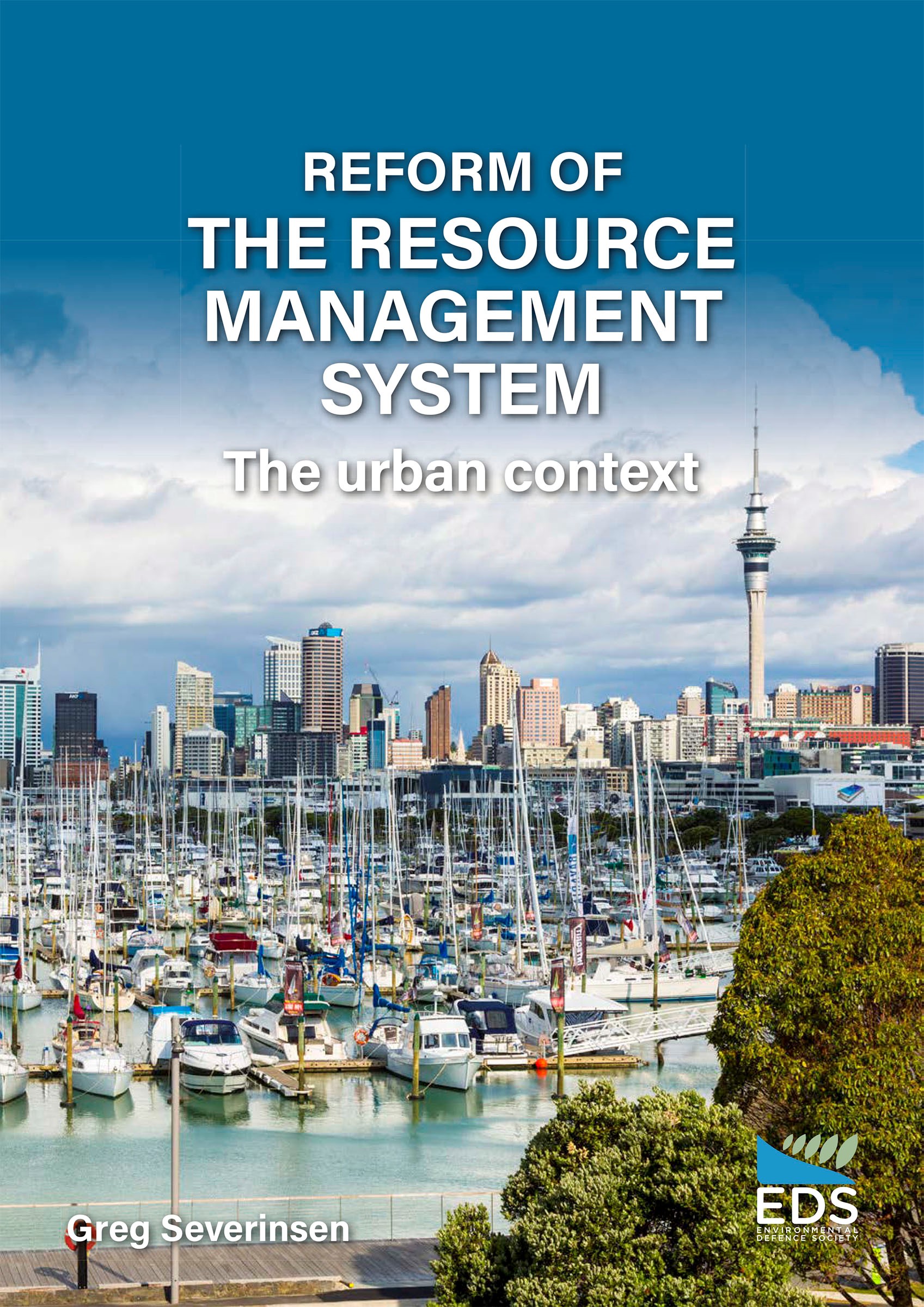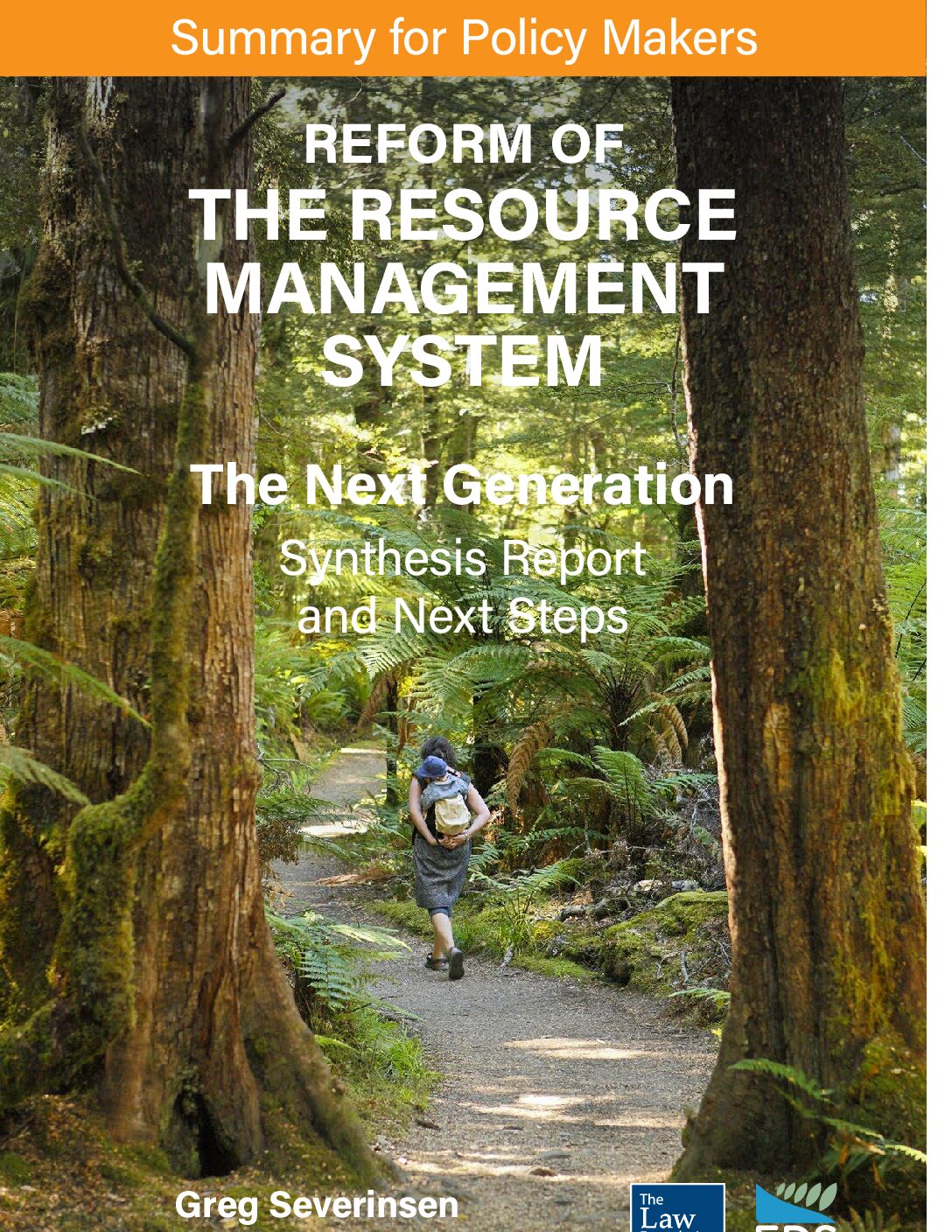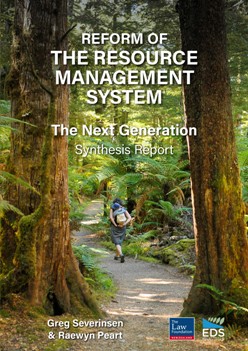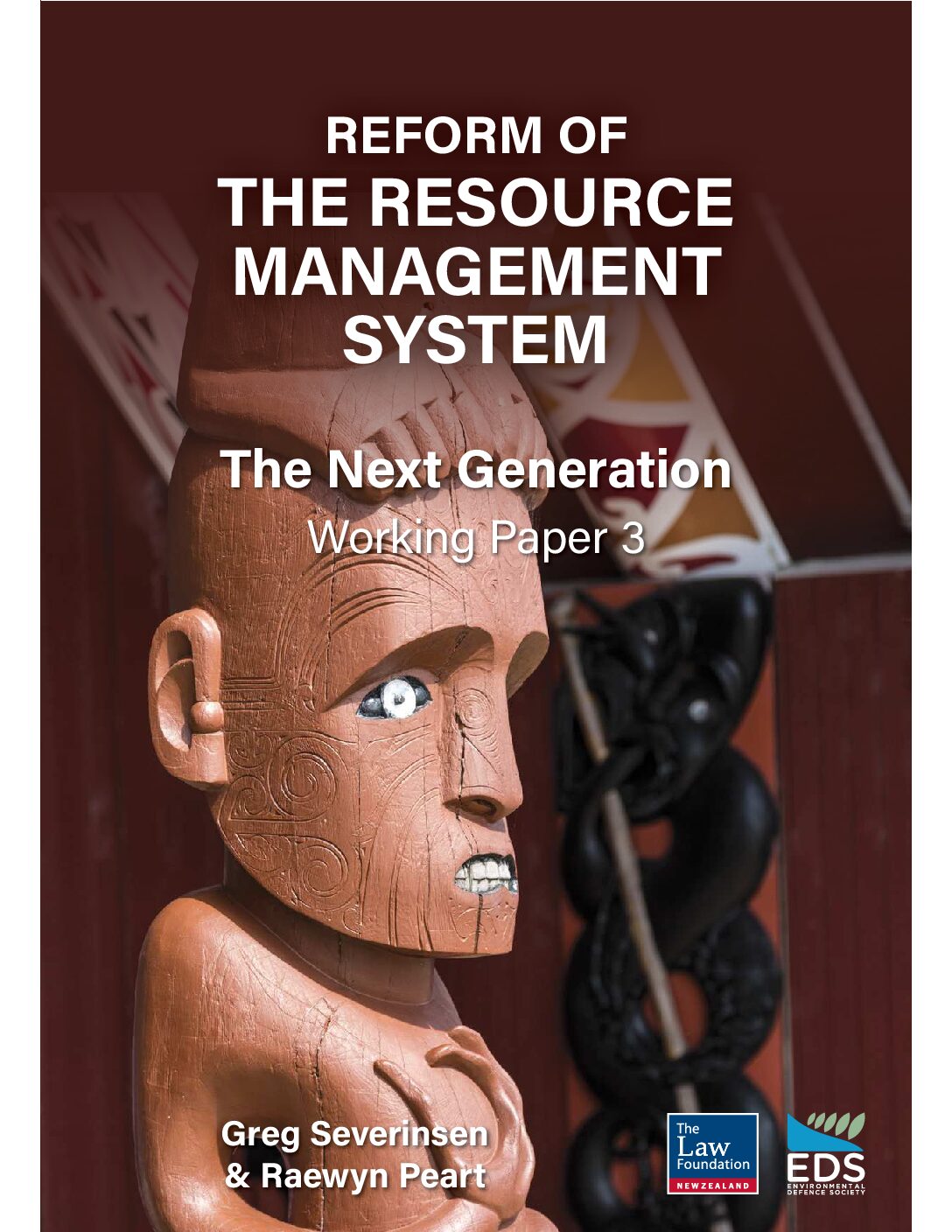Project overview
Between 2017 and 2020 EDS undertook a major review of the resource management system which informed replacement legislation for the Resource Management Act 1991.
The first phase of the project (entitled The Next Generation) focused on defining key aspects of the system including the conceptual framework, legislative design, role of Māori and institutional design. Key findings were published in three working papers and a final synthesis report, which presented three overall models for what a future system could look like.
The second phase of the project (entitled A Pathway to Reform) focused on moving beyond options to set out a tangible roadmap for a particular model. Key findings were published in two working papers that investigated reform criteria and core elements of a preferred model; and a final synthesis report which developed the preferred model further and made the case for broad resource management reforms.
We undertook a third phase of the project which explored how resource management reform would play out in the urban context. Key findings and recommendations were published in the report entitled Reform of the Resource Management System: The urban context (August 2020).
Extensive reform of the resource management system followed. During this period, EDS provided detailed advice to government on environmental limits, national direction, strategic spatial planning, landscape and connections with the marine environment, to inform policy development and drafting. We published this advice online in a series of papers (see green buttons). We also held an educational webinar on the legislative reforms (see here).
Following on from this work, EDS undertook research on the institutional arrangements needed in a future resource management system. Key findings were published in a report entitled Environmental advocacy in the future resource management system (January 2023).
EDS is currently undertaking a research project looking at enduring approaches to environmental reform in Aotearoa New Zealand (see here).
We thank the New Zealand Law Foundation and the Michael and Suzanne Borrin Foundation as the primary funders for this project.
Please contact Dr Greg Severinsen at greg@eds.org.nz for further information.

